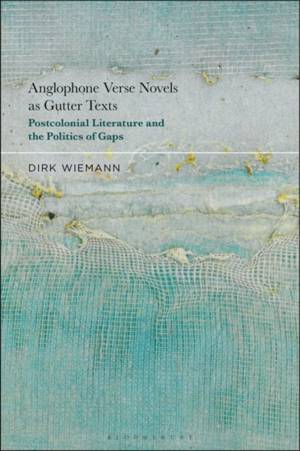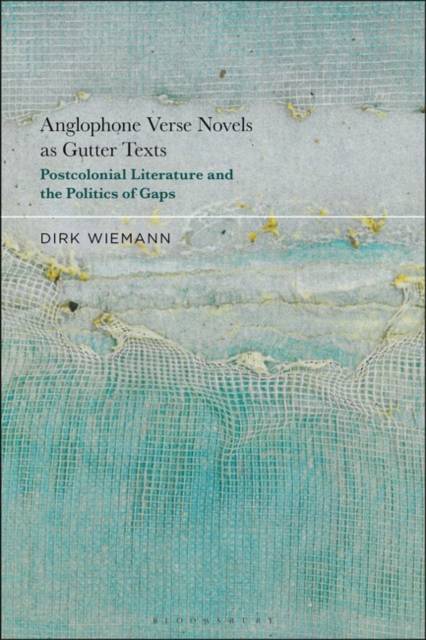
- Afhalen na 1 uur in een winkel met voorraad
- Gratis thuislevering in België vanaf € 30
- Ruim aanbod met 7 miljoen producten
- Afhalen na 1 uur in een winkel met voorraad
- Gratis thuislevering in België vanaf € 30
- Ruim aanbod met 7 miljoen producten
Anglophone Verse Novels as Gutter Texts
Postcolonial Literature and the Politics of Gaps
Dirk WiemannOmschrijving
Anglophone Verse Novels as Gutter Texts draws on the notion of the 'gutter' in graphic narratives - the gap between panels that a reader has to imaginatively fill to generate narrative sequence - to analyse the largely overlooked literary form of the verse novel. Marked at all levels by the tense constellation of segment and sequence, and a conspicuously 'gappy' texture, verse novels offer productive alternatives to the dominant prose novel in contemporary fiction, where a similar 'gappiness' has become a hallmark, as illustrated by the loosely interlaced multi-strand plot structures of influential 'world novels' (Bolaño, Mitchell, Powers).
The verse novel is a form particularly prolific in the postcolonial world and among diasporic or minoritarian writers in the Global North. This study concentrates on two of the most prominent areas in which verse novels distinguish themselves from the prose novel to read texts by Derek Walcott, Anne Carson, Bernardine Evaristo, Patience Agbabi and others: In 'planetary' verse novels from the Caribbean, Canada, Samoa and Hawai'i, the central trope of the volcano evokes a world in constant un/making; while post-national verse novels, particularly in Britain, modify the established paradigms of imagined communities. Dirk Wiemann's study speculates whether the resurgence of verse novels correlates with the apprehension of inhabiting a world that has become unpredictable and dangerous but also promising: a 'post-prosaic' world.Specificaties
Betrokkenen
- Auteur(s):
- Uitgeverij:
Inhoud
- Aantal bladzijden:
- 240
- Taal:
- Engels
Eigenschappen
- Productcode (EAN):
- 9781501399503
- Verschijningsdatum:
- 13/07/2023
- Uitvoering:
- Hardcover
- Formaat:
- Genaaid
- Afmetingen:
- 152 mm x 229 mm
- Gewicht:
- 489 g

Alleen bij Standaard Boekhandel
Beoordelingen
We publiceren alleen reviews die voldoen aan de voorwaarden voor reviews. Bekijk onze voorwaarden voor reviews.








